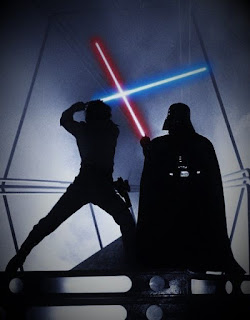Full circle, from the tomb of the womb to the womb of the tomb, we come: an ambiguous, enigmatical incursion into a world of solid matter that is soon to melt from us, like the substance of a dream. And, looking back at what had promised to be our own unique, unpredictable, and dangerous adventure, all we find in the end is such a series of standard metamorphoses as men and women have undergone in every quarter of the world, in all recorded centuries, and under every odd disguise of civilization.
So what is important here, is not only the journey of the individual, but how every individual journey is affected by each other. This article touched a lot on motherhood and how we as humans are more reliant on our mothers from birth than any other mammal. The compassion we have from a loving mother affects us. The loss we have from an absent mother affects us. What we have, what we have lost, and what we have never known through our relationships and intertwining journeys is paramount. The journey of the hero is only possible, not because of the individual themselves, but because of other journeys that preceded them. Our existences are but fleeting, and is both in our control and out of it.







